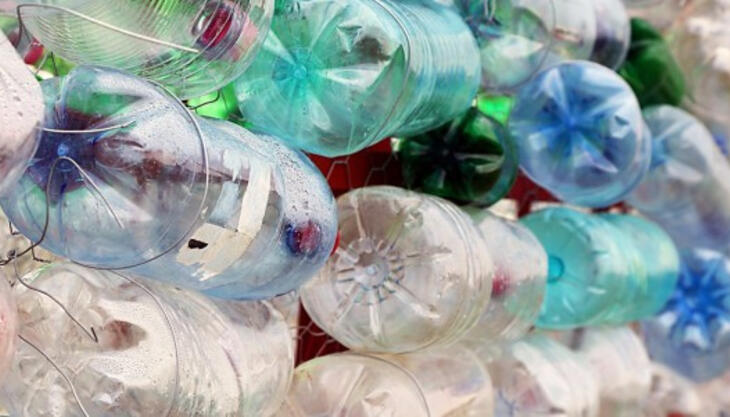Tighter EU rules on waste exports

European Parliament and Council reached a provisional agreement on revising EU procedures and control measures for waste shipments. The agreed law aims to protect the environment and human health more effectively, while contributing to achieve the EU’s climate neutrality, circular economy and zero pollution goals.
EU exports of certain non-hazardous wastes and mixtures of non-hazardous wastes for recovery (i.e., to be used for other purposes) will be allowed only to those non-OECD countries that consent and fulfil the criteria to treat such waste in an environmentally sound manner, including by complying with international labour and workers’ rights conventions. The Commission will draw up a list of such recipient countries, to be updated at least every two years.
Parliament ensured that plastic waste can no longer be exported to non-OECD countries within two and a half years after the entry into force of the regulation. Plastic waste exports to OECD countries will be subject to stricter conditions, including an obligation to apply the prior written notification and consent procedure, and closer compliance monitoring.
Negotiators agreed that all shipments of waste destined for disposal in another EU country are generally prohibited and allowed only in exceptional cases. Waste shipments destined for recovery operations will have to meet strict requirements on prior written notification, consent, and information.

Linkedin page)
The new law also foresees, two years after its entry into force, that the exchange of information and data on waste shipments in the EU will be digitalised, through a central electronic hub, to improve reporting and transparency. The deal endorses the establishment of an enforcement group to improve cooperation between EU countries to prevent and detect illegal shipments. The Commission will be able to carry out inspections, in cooperation with national authorities, where there is sufficient suspicion that there are illegal waste shipments occurring.
“The result of our negotiations will bring more certainty to Europeans, that our waste will be appropriately managed no matter where it is shipped. The EU will finally assume responsibility for its plastic waste by banning its export to non-OECD countries. Once again, we follow our vision that waste is a resource when it is properly managed but should not in any case be causing harm to the environment or human health”, Pernille Weiss (in the picture on the left) stated.
Parliament and Council need to formally approve the agreement before it can come into force.



















